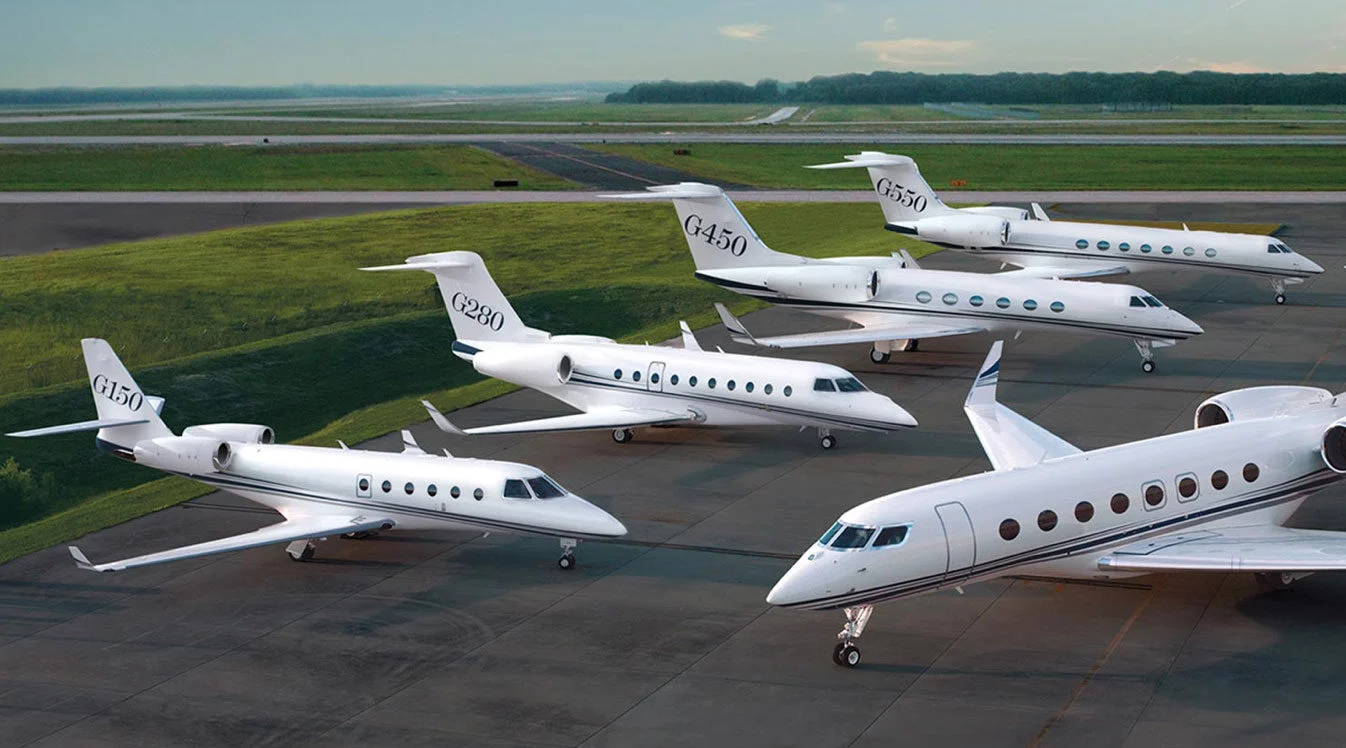Air charter companies have become a critical component of modern travel for executives, celebrities, government officials, and high-net-worth individuals. In this guide, we’ll explore the top air charter companies in 2025, focusing on their strengths, services, technological innovation, and why more people are shifting toward private aviation. Whether you’re curious about business jets, on-demand charters, or ultra-long-range aircraft, this article breaks it down with real-world examples and insights.
What Are Air Charter Companies?
Air charter companies provide on-demand, private aircraft services that offer flexibility, speed, and privacy. Unlike commercial airlines that follow fixed schedules, air charter firms allow passengers to customize their travel according to their preferences, often providing access to a wider range of airports.
These services are used for both business and leisure purposes, offering convenience and time savings that cannot be matched by traditional airlines. Clients include multinational corporations, government agencies, medical emergency teams, sports teams, and private travelers.
How Air Charter Services Work
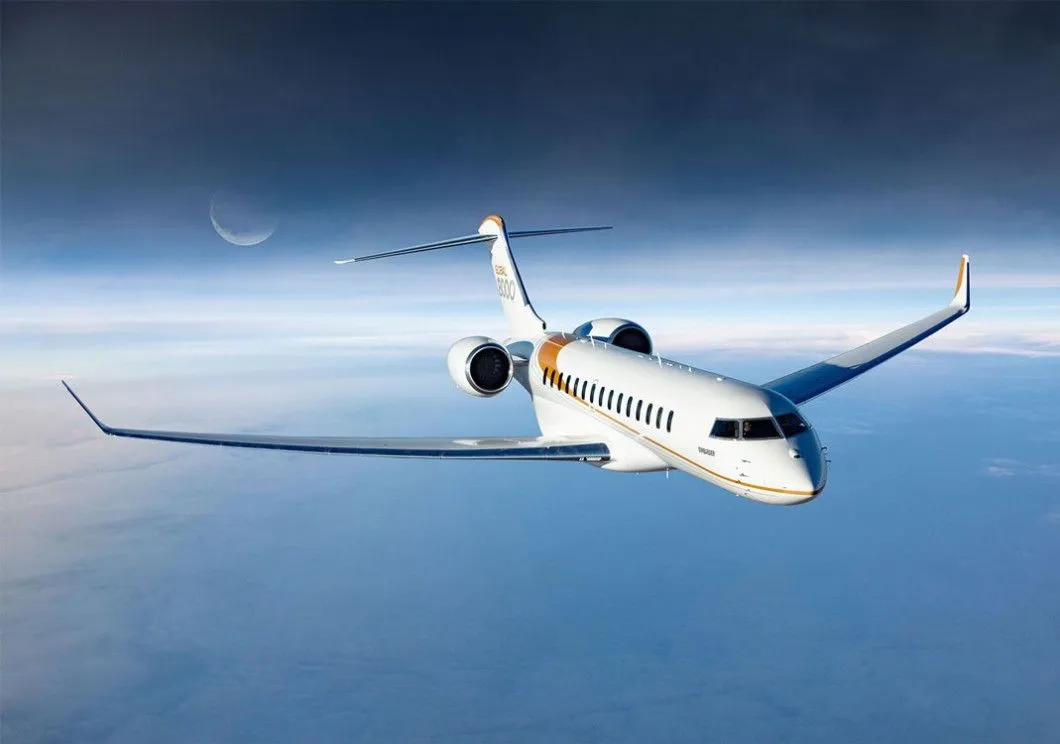
When a client contacts an air charter company, the company sources the best available aircraft that fits the desired itinerary and passenger requirements. Services range from light jets for short regional trips to ultra-long-range jets for international travel. Some charter companies own their fleets, while others act as brokers using a global network of aircraft operators.
Once a booking is confirmed, the client typically gets access to services such as private terminals (FBOs), in-flight catering, concierge support, and ground transportation coordination.
Benefits of Using Air Charter Companies and Private Jet Technology
Air charter companies provide a wide array of benefits driven by advanced aviation technologies and customer-centric service models:
-
Time Efficiency: Avoid commercial airport lines, delays, and layovers. You can depart within hours of booking, directly from smaller, less congested airports.
-
Flexibility: Change itineraries with minimal notice. You have control over departure times, destinations, and even en-route stops.
-
Privacy & Comfort: Travel discreetly and in luxury. Most private jets are equipped with lie-flat seats, onboard Wi-Fi, and entertainment systems.
-
Access to Remote Destinations: Private jets can land in thousands of airports not served by commercial airlines, bringing travelers closer to their final destinations.
-
Business Productivity: Onboard meeting spaces and uninterrupted work environments allow executives to maximize their time in the air.
Technologies such as real-time aircraft tracking, AI-powered flight scheduling, and digital booking platforms have transformed the industry, improving efficiency, transparency, and safety.
Top Air Charter Companies in 2025 with Real-World Examples
1. NetJets
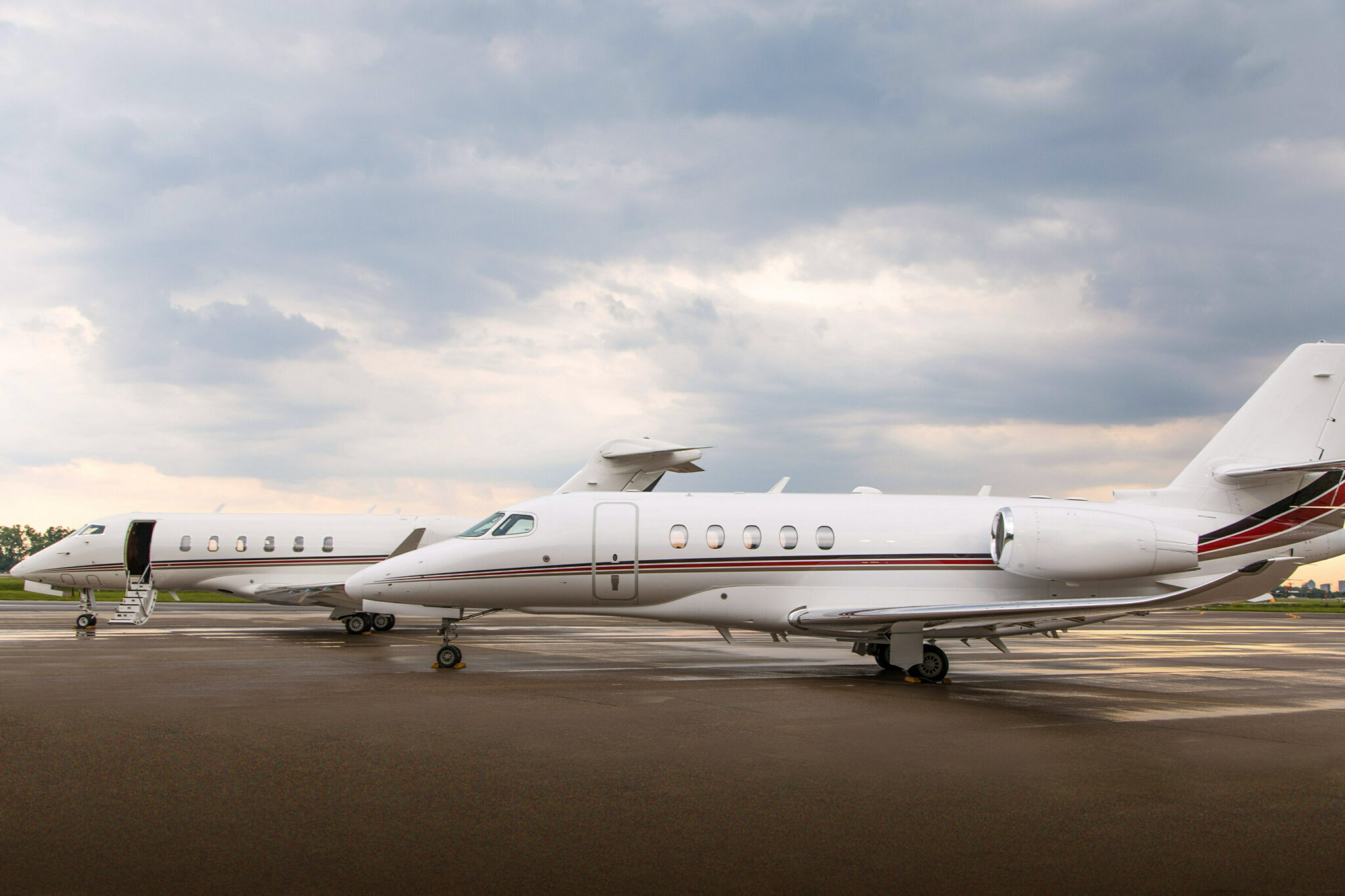
NetJets is one of the world’s oldest and largest private jet companies, owned by Berkshire Hathaway. With a massive fleet of over 750 aircraft and operations across North America and Europe, NetJets specializes in fractional ownership, lease programs, and jet cards.
Their clients range from Fortune 500 executives to entertainers. NetJets is known for its unmatched safety protocols, global infrastructure, and world-class concierge services. Its mobile app makes it easy to book flights, manage accounts, and receive real-time updates.
What sets NetJets apart is its operational control of the fleet, ensuring high standards of maintenance, pilot training, and dispatch reliability.
2. VistaJet
VistaJet, headquartered in Malta, offers long-range, ultra-premium private flights with a fleet consisting primarily of Bombardier aircraft. Unlike NetJets, VistaJet operates a unique “asset-free” model, where customers pay only for hours flown without owning the aircraft.
The company serves clients in over 190 countries, making it ideal for international business travelers and diplomatic missions. Each aircraft is fitted with identical cabin configurations, ensuring consistency across every flight.
VistaJet’s flagship service, “Program Membership,” offers guaranteed availability with fixed hourly rates, backed by personalized in-flight experiences like curated menus and family-friendly amenities.
3. Flexjet
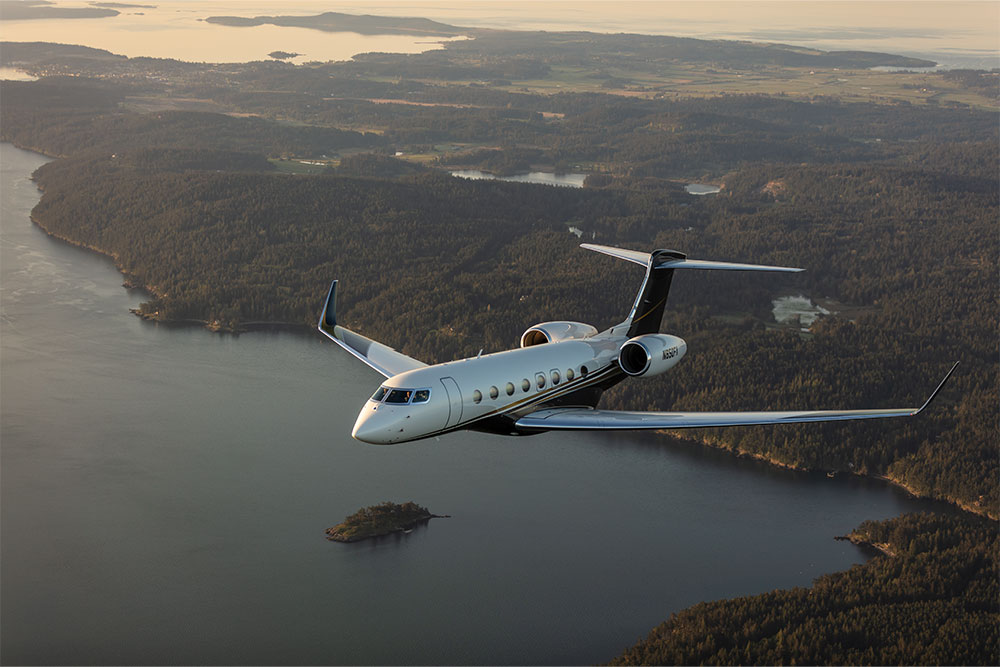
Flexjet is another prominent U.S.-based operator offering fractional jet ownership, leases, and jet cards. Known for its elite fleet and dedication to service, Flexjet provides luxury-focused aviation with an emphasis on innovation.
Its Red Label program includes custom-designed interiors, crew consistency, and advanced cabin amenities. Flexjet also leads the industry in sustainable aviation, incorporating carbon offset programs and plans to adopt electric vertical aircraft (eVTOLs) for urban air mobility.
Flexjet appeals to both high-level executives and discerning leisure travelers who prioritize aesthetics and eco-conscious flying.
4. XO (formerly XOJET)
XO operates under the Vista Global umbrella and offers a hybrid charter model: membership-based flights, on-demand bookings, and even seat sharing on private jets. With a strong digital platform, XO has revolutionized private flying by offering more flexible and affordable options.
Through the XO mobile app, users can book flights in minutes, access real-time aircraft availability, and even compare charter prices. XO’s fleet includes mid-size and super-mid-size jets, making it suitable for regional and transcontinental flights.
It caters to younger, tech-savvy travelers and frequent fliers who value convenience, speed, and digital interaction.
5. Wheels Up
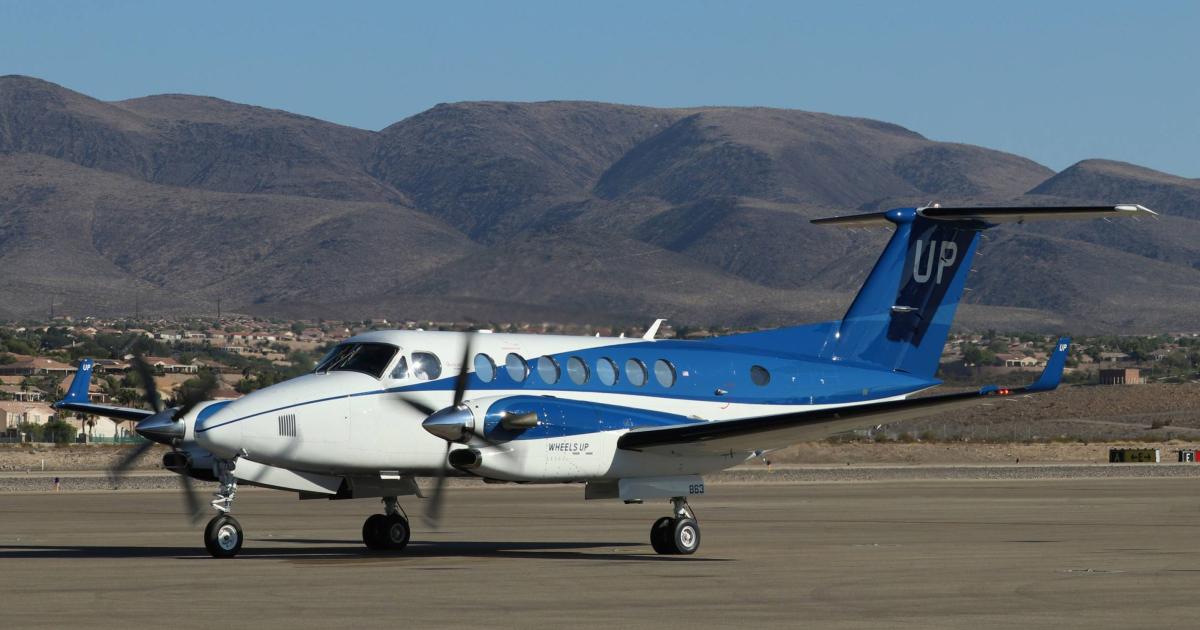
Wheels Up offers private aviation through membership and pay-as-you-fly models. Known for its large fleet of King Air turboprops and Citation jets, it focuses on affordability and access rather than ultra-luxury.
In 2025, Wheels Up continues to expand its service to corporate shuttles and group charters, supported by a user-friendly app and a growing member base. The company also promotes inclusive access to private flying, with shared flights and empty-leg offers.
Ideal for regional travel and short-haul business trips, Wheels Up is a strong player in the domestic U.S. market, particularly among mid-sized firms and frequent travelers.
Practical Use Cases for Air Charter Companies
Air charter services solve numerous problems for specific industries and individuals:
-
Corporate Travel: Executives traveling across multiple cities in a single day can avoid delays, hold onboard meetings, and increase productivity.
-
Medical Evacuation: Air ambulances provide rapid transport of patients or organs for transplants where every minute counts.
-
Entertainment & Sports: Celebrities and sports teams use private jets to maintain tight schedules while ensuring privacy and security.
-
Remote Business Operations: Companies with factories or operations in remote areas use charters to reach locations not serviced by commercial airlines.
-
Family Travel & Vacations: High-net-worth individuals use private jets for family holidays, ensuring convenience and safety, especially when traveling with children or elderly family members.
Each of these use cases highlights the real-world practicality and time-sensitive advantages that only private air travel can provide.
Advantages of Using Air Charter Services
Private jet charters offer more than just luxury—they bring measurable value in time, access, and control over the travel experience:
-
Speed & Customization: Depart when you want, choose your exact destination, and avoid stopovers.
-
Reduced Stress: No security lines, no boarding delays, and personalized service throughout the journey.
-
Health & Safety: Controlled environments minimize exposure to crowds, which is critical during health crises or for immunocompromised individuals.
-
Global Access: Reach remote islands, business hubs, or conflict zones that commercial airlines don’t serve.
-
Impression & Influence: Arriving by private jet signals professionalism and authority, which can be useful for business negotiations or high-stakes meetings.
FAQ
Q1. What is the difference between air charter and fractional ownership?
Air charter allows you to book flights as needed without any ownership commitment. Fractional ownership, on the other hand, involves buying a share of an aircraft, giving you access to flight hours based on your share. The latter is more cost-effective for frequent fliers who require consistent availability.
Q2. Are private air charters safe?
Yes, reputable air charter companies follow stringent safety protocols, including regular maintenance checks, certified crew, and third-party audits. Companies like NetJets and Flexjet maintain the highest safety ratings and training standards in the industry.
Q3. How much does an air charter flight typically cost?
Costs vary significantly based on the aircraft type, distance, duration, and airport fees. Short regional flights may start at around $5,000, while international or transcontinental flights in large jets can range between $30,000 to over $100,000 per trip. Some companies offer membership plans to reduce hourly rates.
